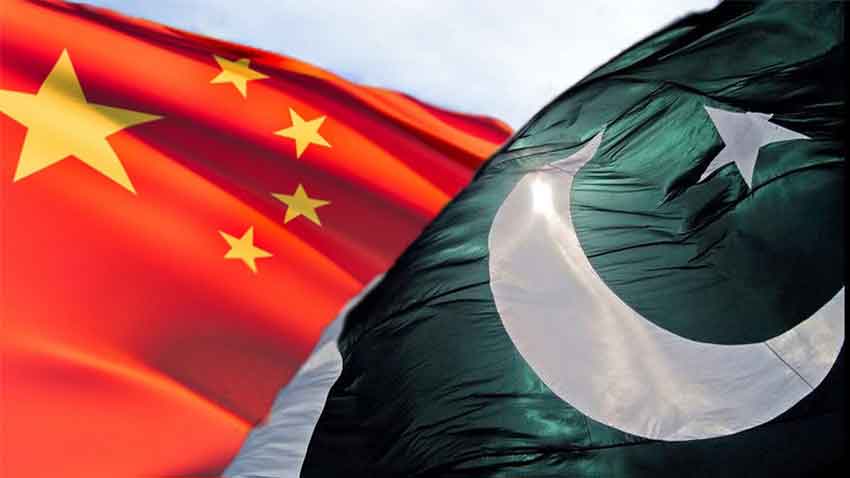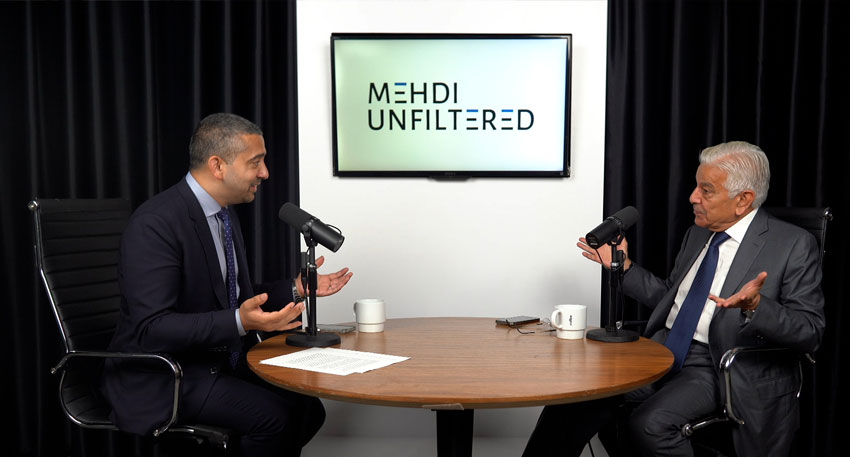
Minister for Planning and Development Professor Ahsan Iqbal revealed that the scholarships would be offered at China’s top 50 universities over the next 10 years. He emphasized that this initiative would prepare Pakistani students in fields like artificial intelligence, engineering, new technologies and emerging sciences.
Speaking to the media after the 14th meeting of the Joint Coordination Committee (JCC) of CPEC, televised from Beijing, Ahsan Iqbal said, “We have proposed that 10,000 Pakistani students be trained in China’s leading institutions, so that Pakistan can move towards a strong, innovation-based economy.”
This step is seen as a major move to equip Pakistan’s next generation with modern skills and help the country reduce dependence on traditional economic structures, as reported by the Associated Press of Pakistan (APP).
This is a remarkable chance for Pakistan’s students. The focus on AI, engineering and new sciences shows a clear shift towards future industries. If implemented well, the program can create a highly skilled workforce and transform Pakistan’s economic direction. However, transparency, fair selection and long-term planning will decide the real impact of this initiative.
He stressed that equipping youth with advanced research skills would enable them to pioneer the transformation of Pakistan into a $3 trillion economy by 2047. “The next two decades belong to the youth of Pakistan, and we are committed to invest in their education and skills so they can lead the country’s economic transformation,” he remarked.
Ahsan said the proposed “knowledge corridor” with China would help establish top-quality human resources to build the economy of the future.
In parallel, the minister said Pakistan also planned to expand cooperation with China in vocational and technical education, drawing on China’s experience to train the country’s workforce in modern and advanced technologies for employment opportunities.
Read more: Honhaar Scholarship Program deadline extended to Oct 26
Calling exports the “engine of growth,” Iqbal said Pakistan’s weak performance in the sector needed urgent improvement. “Out of China’s $2 trillion imports, Pakistan’s share is only $3 billion. We hope to expand this by seeking the same tariff treatment for Pakistani products that ASEAN countries enjoy,” he added.
Both sides also discussed setting up joint labs in artificial intelligence and quantum computing, launching a CPEC Future Skills program in IT, robotics, fintech, and biotechnology.
The minister said the second phase of the landmark initiative would be closely aligned with Pakistan’s “5Es Framework” under the Uraan Pakistan roadmap, which aims to make the country a $1 trillion economy by 2035. The framework focuses on exports, e-Pakistan (digital transformation), environment and climate resilience, energy, and equity and empowerment.




